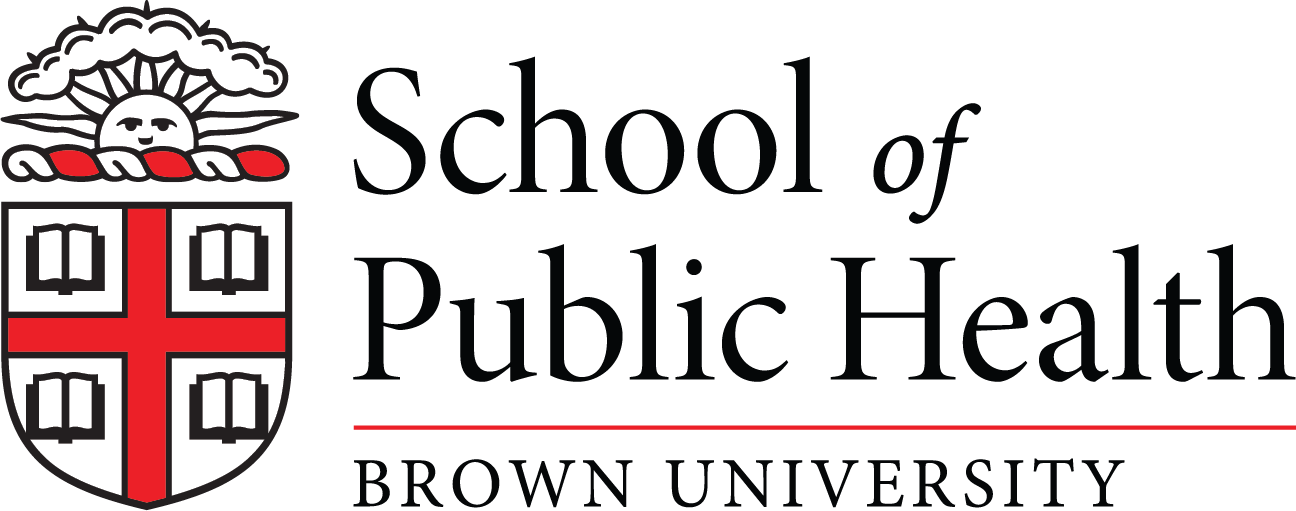We are thrilled to unveil Verification, monitoring and responsible reporting in an age of information disorder: A guide for practitioners in Southeast Asia by Dr. Anne Kruger, Esther Chan and Stevie Zhang.
Methods to combat disinformation must be situated in the specific social, political, and economic contexts of where they will be deployed. In 2021 UNESCO’s Vietnam and Bangkok offices approached Dr Kruger to create a short booklet specifically for Southeast Asia based on First Draft’s methods and UNESCO’s 2018 “Journalism, ‘Fake News’ and Disinformation: A Handbook for Journalism Education and Training.”
The project soon grew in scope after the authors were awarded UNESCO’s International Programme for the Development of Communication grant. “Journalists and media professionals in Southeast Asia are only too aware of the real-life consequences that stem from information disorder in the cybersphere,” Dr Kruger said.
“Within this context, the aim of the booklet is to support Southeast Asia’s journalists, academics, students and civil society in their education and skills development in the fight against mis- and disinformation.”
This booklet briefly examines the recent legal developments in Southeast Asia, situating them in their respective social and political contexts, alongside examples of mis- and disinformation encountered in our research. These examples help illustrate the types of information shared in Southeast Asian social networks as well as the motivations for sharing, better grounding concepts on how best to fight the spread of disinformation, such as inoculation theory.
“One of the central tenets of the Information Futures Lab is a need to approach the crisis in our information ecosystem from a global perspective that recognizes the complexity of different cultural, political and socio-economic perspectives,” said Claire Wardle, Co-Director of the Information Futures Lab. “We are thrilled that one of our founding partners has undertaken this work and we will be embedding it in our own training materials.”
The guide can be used to develop and build specialist skills into workflows and learn how to slow down the spread of mis – and disinformation.
“In putting this booklet together the authors consulted widely with experts in Southeast Asia and we gratefully acknowledge their generous support,” Dr Anne Kruger said.
Content also draws on a series of bespoke practitioner level courses the authors delivered to individual countries in the region from 2019-2022.
This booklet has been made possible thanks to the generous support of a UNESCO International Programme for the Development of Communication (IPDC) grant, and the UNESCO Bangkok Office. We gratefully acknowledge experts in the region whom we consulted throughout this process and gave feedback.
Universities, NGOs, and newsrooms are free to download the PDF of Verification, monitoring and responsible reporting in an age of information disorder: A guide for practitioners in Southeast Asia. Organizations in the Southeast Asia region may also request a hard copy version by contacting informationfutureslab@brown.edu attention: Dr Anne Kruger.
